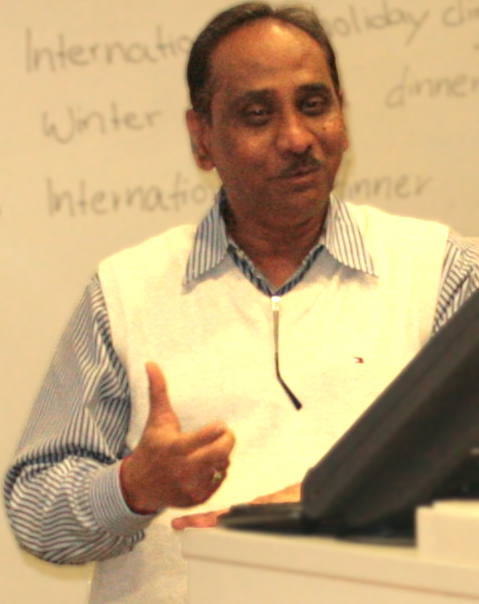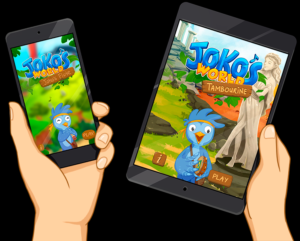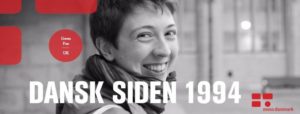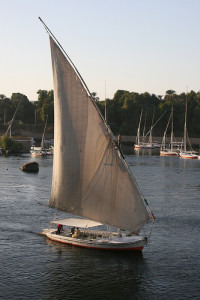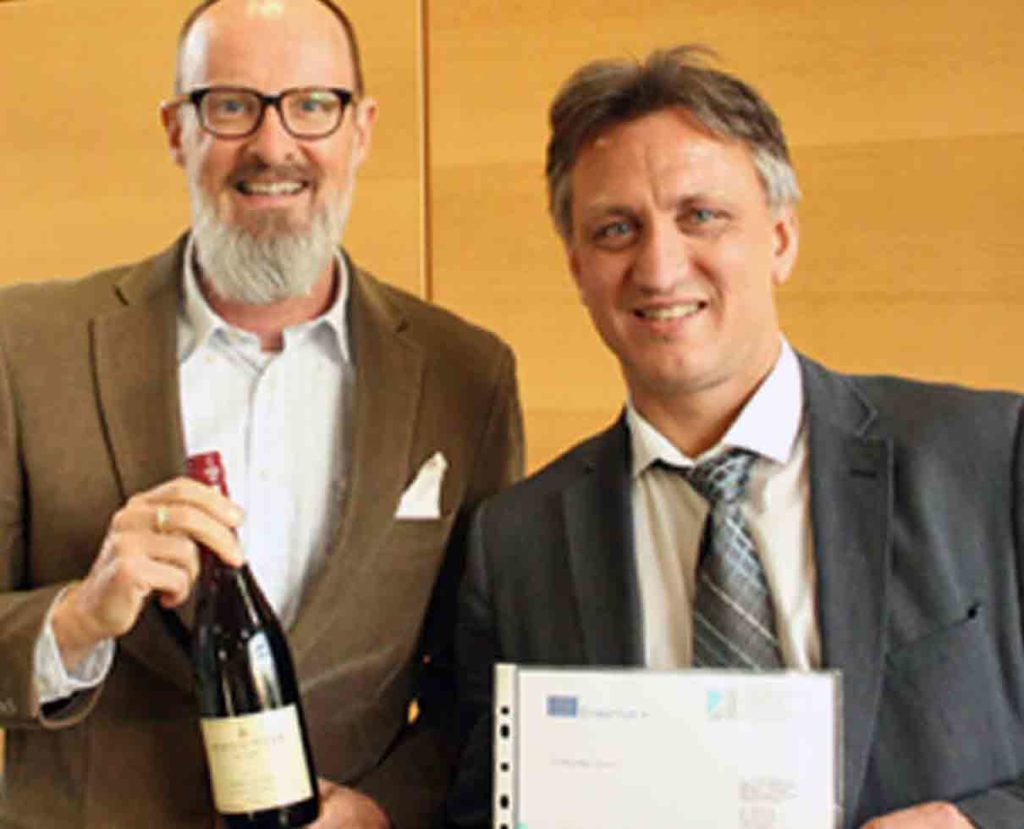
Hello and welcome to show 221 of our podcast “absolutely intercultural” which is the fourth of series of “Erasmus 30” podcasts to celebrate and highlight the 30th anniversary of the most successful of all student exchange programs. In this episode, our two lecturers will share their exchange experiences and stories about their studies abroad. How did teaching in Germany under the Erasmus mobility program benefit a lecturer’s research activities and his academic life? Then we will listen to a lecturer from RheinahrCampus, he will talk about how he studied abroad two decades ago. Was it more difficult to arrange than an exchange semester today? What were the required documents in the past and now? And finally, we will look at the differences in student lives in different countries.


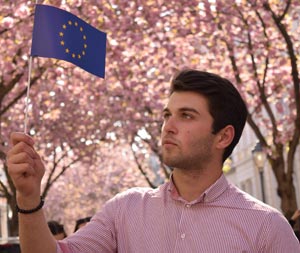 Welcome to this special episode dedicated to the
Welcome to this special episode dedicated to the 
